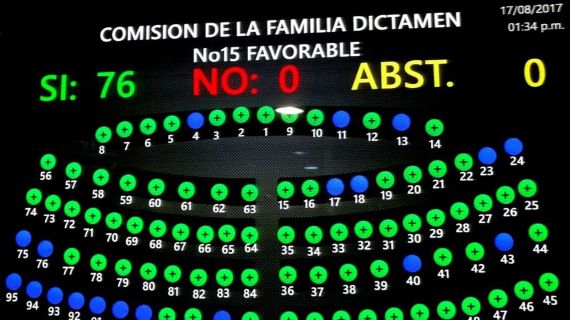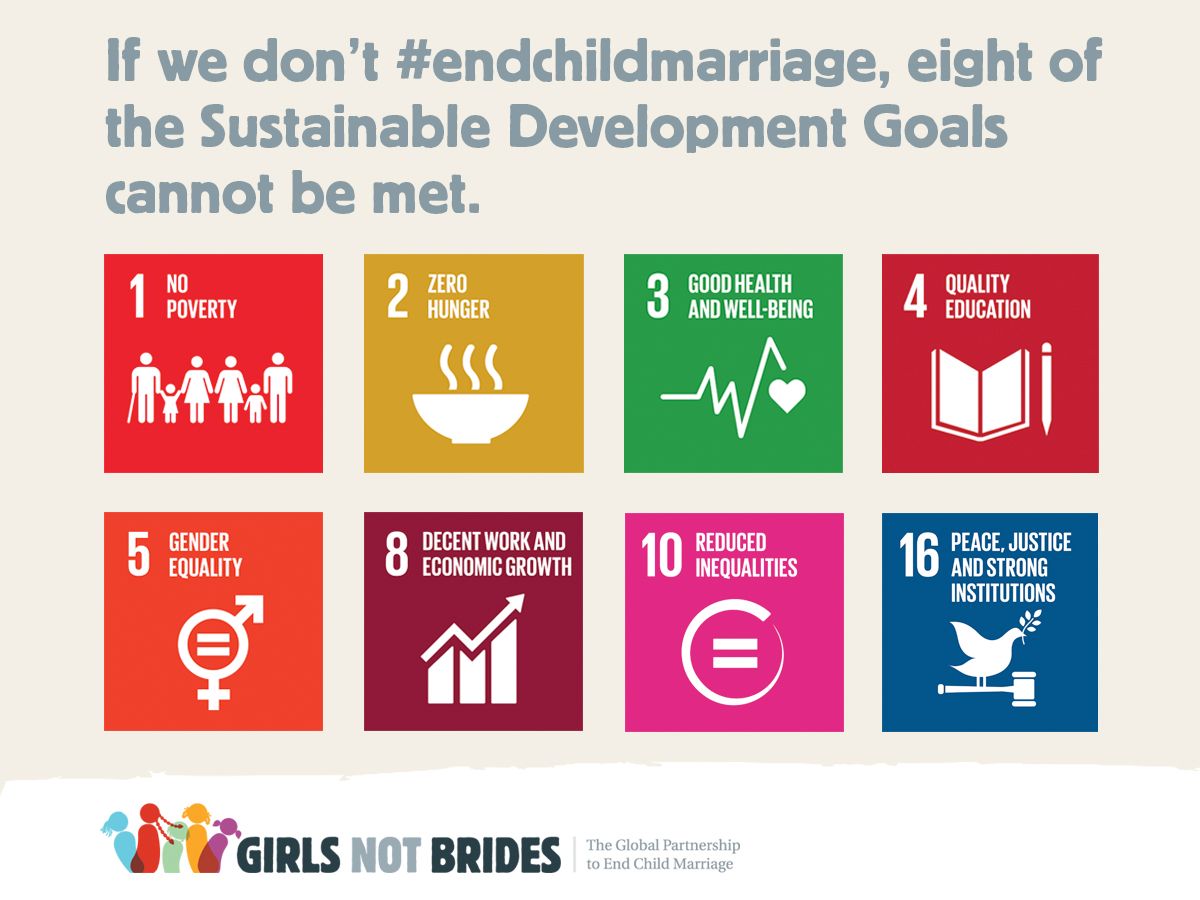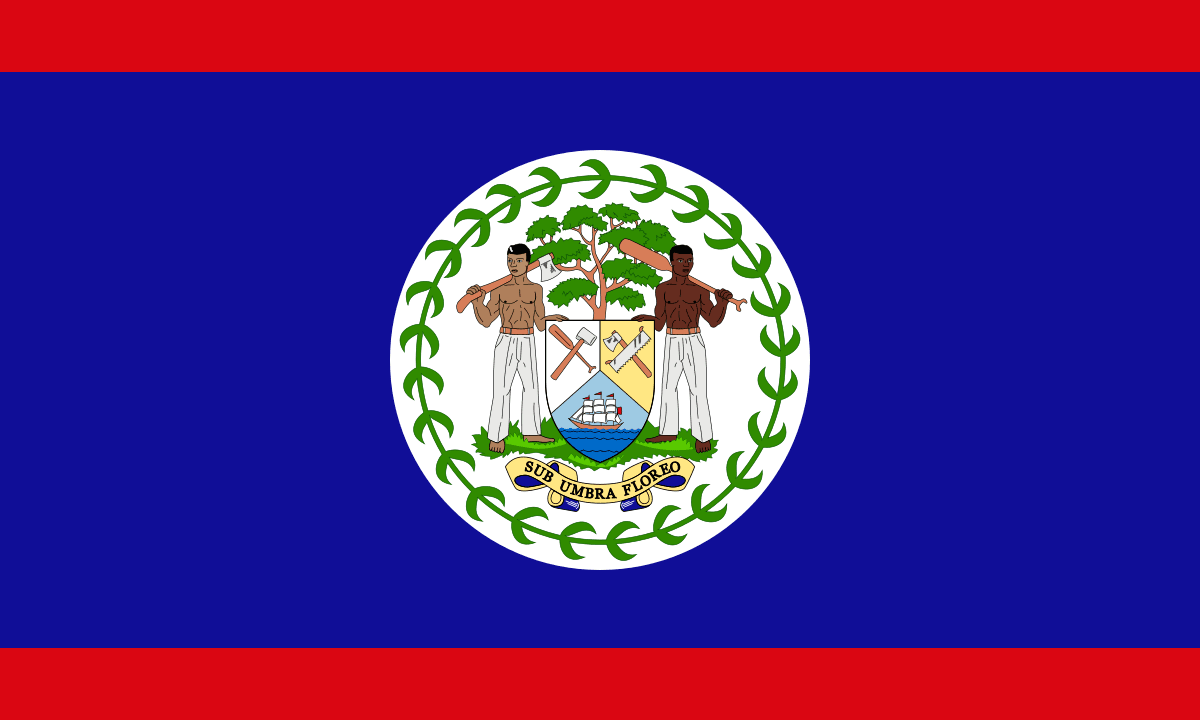
Marriage before the age of 18 is a fundamental violation of human rights. Many factors interact to place a child at risk of marriage, including poverty, the perception that marriage will provide ‘protection’, family honor, social norms, customary or religious laws that condone the practice, an inadequate legislative framework and the state of a country’s civil registration system. While the practice is more common among girls than boys, it is a violation of rights regardless of sex. (Source: UNICEF).
Each year, 12 million girls – across countries, cultures and religions – are married before the age of 18. This practice violates girls’ rights to health, education and opportunity, exposes girls to violence throughout their lives and traps them in a cycle of poverty (Source: Girls Not Brides).

The Campaign to End Child, Early and Forced Marriage (CEFM) was launched in 2014. It seeks to empower parliamentarians to become leaders in the defense and promotion of the human rights of girls and women. This includes promoting an effective monitoring, funding and implementation of Sustainable Development Goal (SDG) 5: To achieve gender equality and empower all women and girls, particularly by addressing target 5.3 on ending all harmful practices such as child, early and forced marriage.
To achieve this goal, the CEFM Campaign pursues the following outcomes:
Remarks by H.E. Mrs. Martha Ama Akyaa Pobee, Ambassador and Permanent Representative of Ghana to the United Nations, presenting PGA’s Global Declaration to End Child Marriage in 2015.
Supported by an expert Secretariat, PGA members work together to educate, sensitize, build technical capacity, and strengthen the political will of parliamentarians to achieve campaign objectives through concrete legislative and policy initiatives. PGA works with individual parliamentarians in their national contexts through country-specific strategies, leveraging that capacity with international networking to facilitate connections among parliamentarians and build bridges with civil society, domestic and international policy-makers, and other stakeholders.

The bill also remove provisions for consent to marriage of infants to be given by parents or guardians.

The 2024 International Day of the Girl theme is ‘Girls’ vision for the future’ conveying both the need for urgent action and persistent hope, driven by the power of girls’ voices and vision for the future
